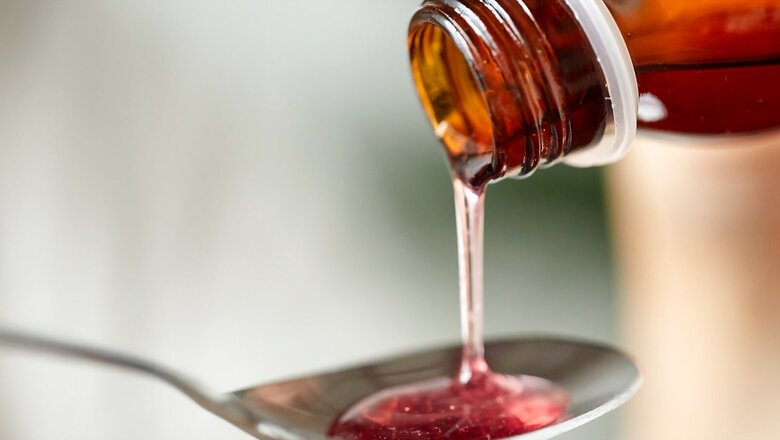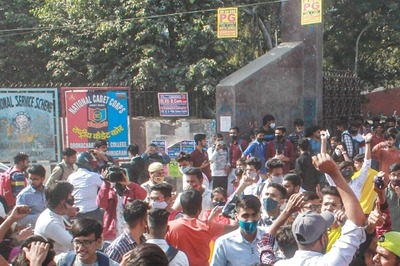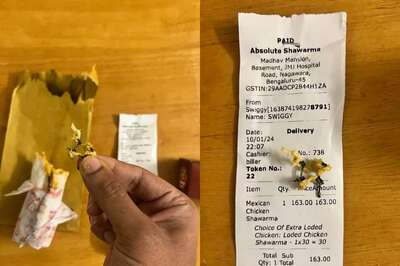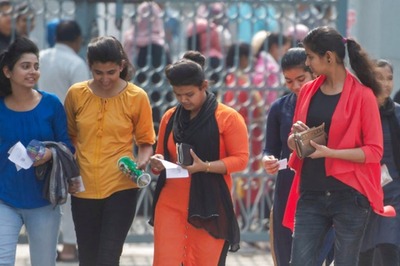
views
The Centre is investigating the deaths of at least 66 children in The Gambia that the World Health Organization (WHO) said may be linked to a cough syrup made in India, news agency Reuters quoted two of its sources from the Union health ministry as saying on Thursday.
The cough syrups have been manufactured by M/s Maiden Pharmaceutical Limited in Haryana’s Sonepat, another news report stated. It further quoted its sources as saying that as per the information available at this point, it seems the firm had exported these products only to The Gambia.
WHO Director-General Tedros Adhanom Ghebreyesus on Wednesday told reporters the UN agency was investigating the deaths from acute kidney injuries with India’s drug regulator and Maiden Pharmaceuticals.
The WTO on October 5 issued a medical product alert on four contaminated medicines in Gambia. The four substandard (contaminated) paediatric medicines identified by the WHO are Promethazine Oral Solution, Kofexmalin Baby Cough Syrup, Makoff Baby Cough Syrup and Magrip N Cold Syrup.
"WHO has today issued a medical product alert for four contaminated medicines identified in #Gambia that have been potentially linked with acute kidney injuries and 66 deaths among children. The loss of these young lives is beyond heartbreaking for their families"-@DrTedros— World Health Organization (WHO) (@WHO) October 5, 2022
The agency informed the Drugs Controller General of India of the deaths late last month after which the regulator launched an investigation with state authorities, in tandem with the WHO probe, Reuters quoted its sources as saying. Maiden manufactured and exported the syrup only to the West African nation, they added.
Reuters’ calls to a listed telephone number for Maiden went unanswered as did an emailed request for comment. Calls to the Drugs Controller General of India outside of office hours also went unanswered.
The Centre has asked the WHO to share its report linking the deaths with the cough syrup and will take “all required steps in the matter”, the sources were quoted.
The WHO said in its report that the laboratory analysis of samples of each of the four products confirms that they contain unacceptable amounts of diethylene glycol and ethylene glycol as contaminants.
It added that to date, these four products have been identified in Gambia but may have been distributed, through informal markets, to other countries or regions.
Issuing an alert about the risks from using these medicines, the WHO said Diethylene glycol and ethylene glycol are toxic to humans when consumed and can prove fatal.
Read all the Latest News India and Breaking News here




















Comments
0 comment